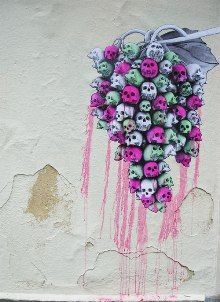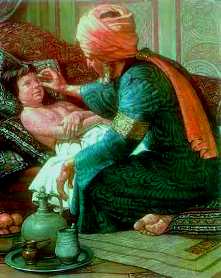Who will explain the change?
Or is the punter already on it?
by PHILIP WHITE
In the winter of 2005 I dined with Sue and Ed Tweddell at Bob McLean’s cool Barr-Vinum restaurant in the Barossa.
Despite the number of tinctures taken, the memory is crisp: it was the last time I saw Ed, who was building his beloved Nepenthe wine brand in the Adelaide Hills. We drank a couple of his favourite Burgundies and talked about the direction Australian red wine was taking.
“They’re all getting too big,” he said. “I can’t drink them anymore.”
It wasn’t the first time I’d heard somebody utter such blasphemy, but in retrospect, it seems to have been a turning point, a watershed in this head of mine. The wines certainly were putting on the alcohol, pushed along by US critic Robert Parker, who was beginning to bestow perfect scores upon monster reds, some of which were much better wines than others.
But perfect scores? Once you’ve awarded a wine such a garland, what do you do when you get a better one?
Winemakers seemed seduced by the notion that all they had to do to get that scarlet Ferrari was let their Shiraz hang until its alcohols were in the heady 16s so Parker would hand them a hundred points and they could then treble their asking price.
I felt then, as I still do, that some humungous brutes, especially some Shiraz, could have high alcohols but still show a balance of acid and form that made them enjoyable with the right food at the right moment. In the right volume.
At about the same time, the British critics, like Oz Clarke and Robert Joseph, were beginning to joke about our bruiser Shiraz being the ideal drink to have with Brontosaurus steak or haunch of Woolly Mammoth.
The great Penfolds wine scientist Ray Beckwith, then in his 90s, was at the same time keeping his graph of the average alcohol in Barossa reds. The line was steadily, determinedly, heading north, which dismayed him.
This fashion bloomed malignantly for more than a decade.
In recent years, despite very tricky vintages with record heat spikes, the more enlightened winemakers have begun to reverse this trend. Whether they pick earlier, or secretly apply a touch of the traditional Black Snake (the water hose), the more gastronomically sensitive souls are pushing Beckwith’s line back down towards the savoury elegant numbers below 14; even south of 13.
Back where they once were.
The author interviewing the brilliant 100-years-old wine scientist Ray Beckwith for the DVD which accompanies the book A year in the life of Grange
This vintage, wine travellers from afar – be that the east coast, Europe, the UK or the US – have sat at my table and voiced open surprise at the newfound elegance of some of these wines. The delicious Jericho Adelaide Hills Syrah 2012 is a fine example, weighing in with 13 alcohols; examples very much closer to home are coming from the Yangarra winery, which is about 100 metres from my back door. The new PF – preservative-free – 2014 Shiraz is a delightful thing, already on the market like a super premium, particularly inky Beaujolais Nouveau, at a blissful 12.5 per cent.
Given more careful viticulture, these wines were simply picked earlier, and treated more fussily than the fashion dictates.
Early in the vintage I shared wines like these with Mildura chef Stefano De Pieri, who marvelled that South Australia was capable of such elegance. “I’d given up on South Australian reds,” he muttered. Several troupes of Brits and Asians have cruised through since, echoing Stef’s wonderment. In my random visits to the tasting and sales room next door, I see many folks marvelling at elegant flavours they have forgotten, or indeed never before encountered. It’s hardly a scientific sample, but I get the feeling the customer is more open-minded and keen than the vast majority of winemakers.
Which raises a tricky question: having spent 15 years determinedly teaching people that big is beautiful and very, very Australian, how shall we now convince them that such modest, balanced reds are an improvement?
Australian winemakers are notoriously awkward with such matters. For more than 30 years, they have depended on wine writers to do their educating for them. Publishers of newspapers and shiny magazines have somehow found this tolerable, even though smart advertising seems something that never enters winemakers’ budgets. This parsimony has inevitably helped with the shrinkage of newspaper wine columns, and replaced them with the fractal chaos of the blogosphere, in which anybody can become an instant critic, whether they’re on the take or not. If I had kids and a car, I couldn’t possibly afford to do what I do. Most of us blog unpaid, which means we’re completely uncontrollable. While we hate the poverty, but love the freedom, such a situation is hardly a long-term thing. Meaning there’s a lot more chaos and potential corruption to come.
So while the wineries failed to take advantage of the old newspaper days, when obedient writers invariably followed each other’s opinions, with columns accompanied only by ads from the Coles/Woolworths discounting duopoly and some tiny irregular sundries, winemakers now face the confounding, immeasurable mess of the internet, with its bloom of unedited bloggers, Tweeters and Facebookers.
Every winery has a web page, but the proprietorial attitude seems to be “that’ll do it, she’ll be right”. Few are up-to-date; few are truly reliable sources of information, and most are droll and so similar that they’re practically worthless. They all look like they were constructed by the same designers. In fact, they have been. Very few have a human at the end of them.
Instead, they have what they quaintly call a “shopping trolley”.
When you add the extreme challenge of climate change to this longstanding weakness of an industry largely dependent on folks it doesn’t employ to do its marketing for it, you set a scene which I’m sure the wine business as she stands has no hope of properly addressing.
These few brave, sensible winemakers intent on making wines which are easier to drink and not quite so deadly are really out there on their own.
What delights me are visitors like those I’ve mentioned, who get it. The punter is not a mug.

Join the author and photographer Milton Wordley at Tasting Australia in Town Square (Victoria Square) at 5pm on Saturday, May 3. We'll show and discuss our book, A Year in the life of Grange, and ponder the possibility of another Australian wine gaining such fame.
These George Grainger Aldridge cartoons are from our comic book, Evidence of Vineyards on Mars
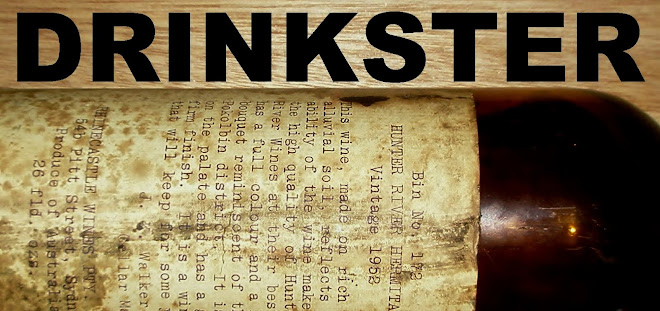
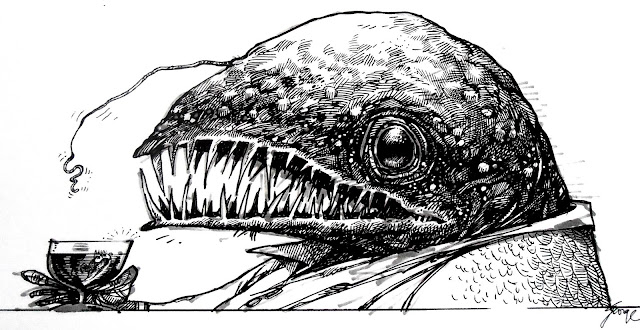
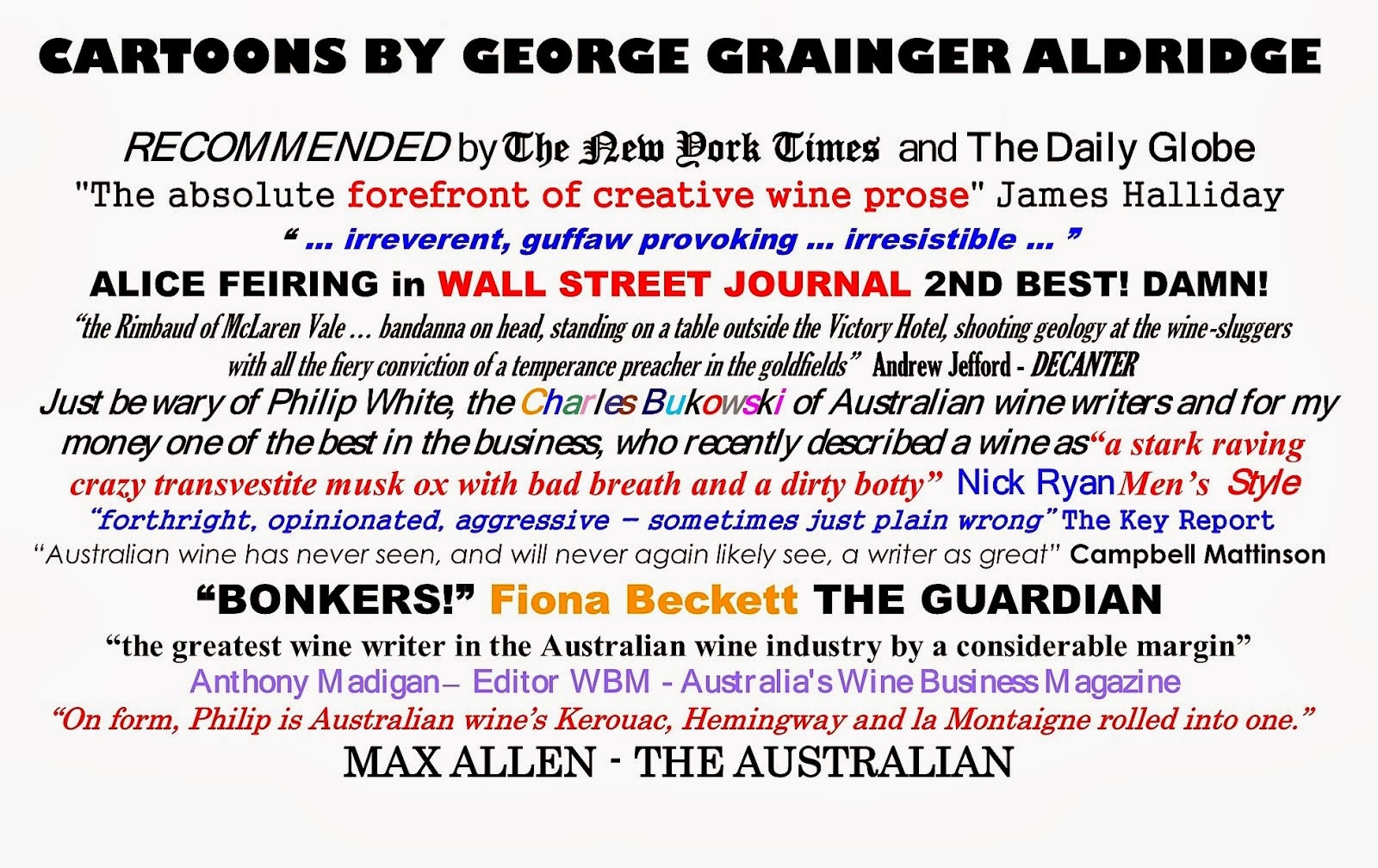






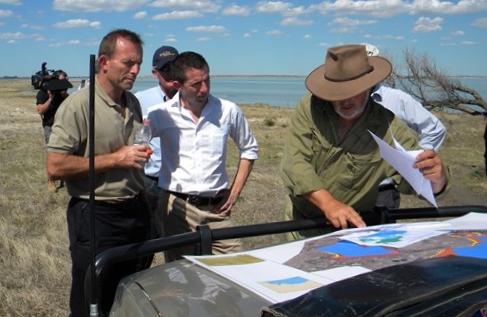














.jpg)

